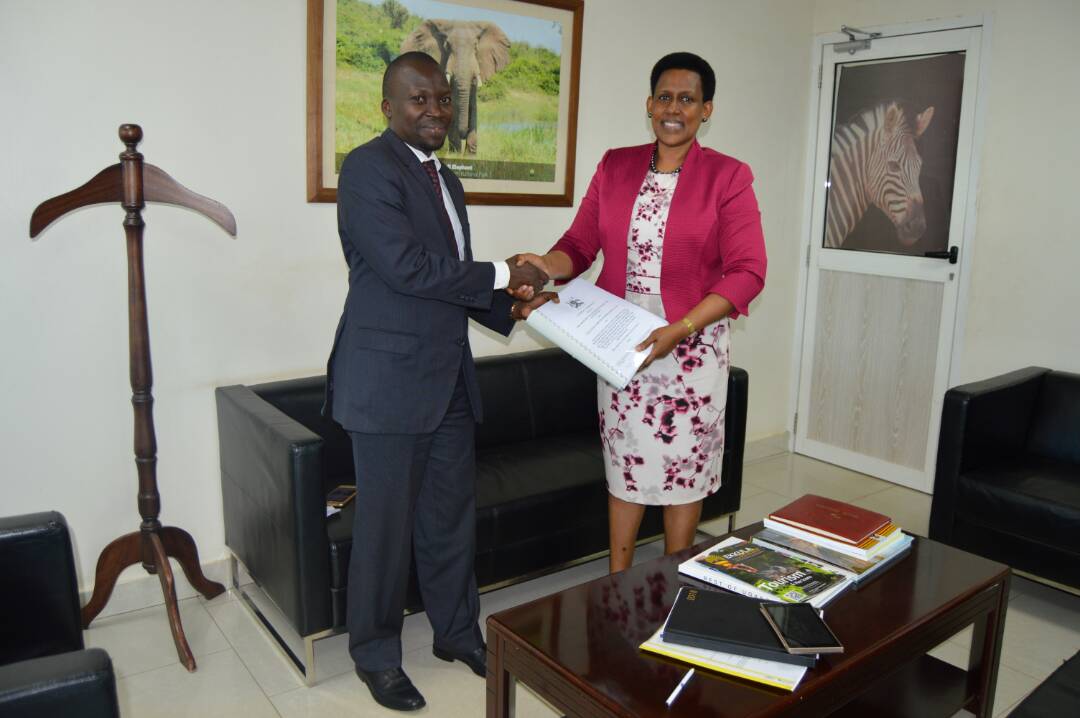The Ebola outbreak in the Democratic Republic of the Congo (DRC) “does not constitute a public health emergency of international concern any more, but it still has the potential to spread to neighbouring countries, the World Health Organisation has said.
Latest data indicates a total of 1,206 confirmed and probable cases of Ebola in this latest deadly outbreak in DRC which began last August, while 764 people have died, making the outbreak – which is endemic in the DRC – the worst in the country’s history. The numbers spiked this week, with 20 new cases on Wednesday alone.
Up to the end of March, more than 320 patients had recovered and had been discharged from treatment centres, according to the Government’s health ministry.
However, the International Health Regulations (IHR) Emergency Committee has observed that because there is a very high risk of regional spread, neighbouring countries like Uganda should continue to accelerate preparedness and surveillance, including vaccinating healthcare and front-line workers in surrounding countries.
The Emergency Committee recommended that cross-border collaboration is strengthened, including through the timely sharing of Ebola data and alerts; community engagement, and awareness raising.
It adds that work should be done to better map population movements and understand the community networks which bridge national boundaries. The Committee maintained its previous advice that no international travel or trade restrictions should be applied.
The committee said that while exit screening, including at airports, ports, and land crossings, is of great importance, entry screening is not considered beneficial, and appealed for more financial support, to strengthen efforts in both preparedness and response.
The Committee commended efforts of the Government, WHO and other partners in containing the outbreak in a complex and difficult setting.
However, WHO Director-General, Tedros Adhanom Ghebreyesus, expressed concern over a recent surge in the transmission of the virus in specific areas, namely North Kivu and Ituri provinces, both of which are heavily populated by armed groups.
URN





